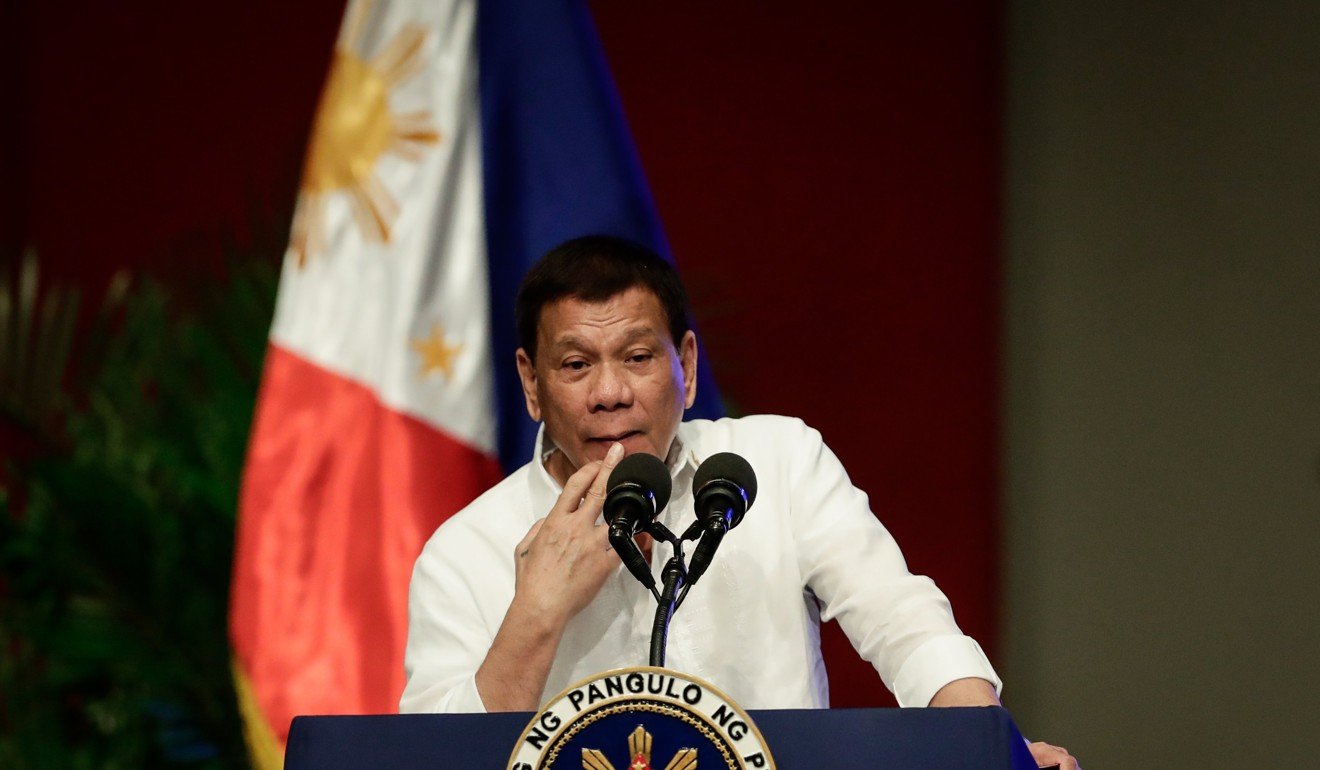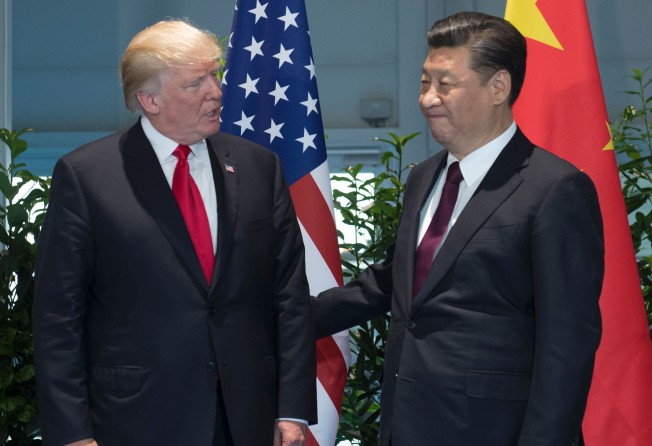
Expectations differ as China and Asian neighbours look to Trump visit for clearer picture on US policy
US president could reassert American leadership in East Asia after long period of uncertainty

China and other Asian nations have different expectations for US President Donald Trump’s visit next month, but all of them hope it will provide a clearer picture on Washington’s strategy in the region.
China’s neighbours, including Japan and the Philippines, expect Trump to reassert America’s strategic presence in the region after a long period of uncertainty over US foreign policy. But that would likely dismay Beijing, which is expecting a push for more coordination to rein in North Korea’s nuclear ambitions.
Trump will travel to Japan, South Korea, China, Vietnam and the Philippines from November 3 to 14, and will attend the Asia-Pacific Economic Cooperation summit in Vietnam.
A detailed itinerary of the trip has not been disclosed, but how much time he spends on each stop will be closely watched as it may offer clues to the US foreign policy agenda.
Liu Weidong, a US affairs expert at the Chinese Academy of Social Sciences, said Beijing was hoping Washington would make clear its position on China’s place in its regional strategy.
He added that China would also be looking for support from Trump on its diplomatic mantras of “no conflict, no confrontation, mutual respect and win-win cooperation”.
“When the United States makes clear its position on China, the two countries will have a better idea of the direction they’re working towards,” Liu said.
Trump will travel to the region amid uncertainties over US foreign policy since he took office in January. His “America First” policy has triggered concerns about whether the US would continue to maintain a strong presence in the region, particularly from Japan and South Korea, which see the Washington as a counterbalance to Beijing.
“Tokyo is eager to show the region that the alliance is robust and that there is a close bond between [Japanese Prime Minister Shinzo] Abe and Trump both to deter North Korea and to send a message to Beijing,” said Jeffrey Kingston, director of Asian studies at Temple University in Japan.
For the Philippines, Trump’s trip will mark the first bilateral meeting between Washington and Manila since President Rodrigo Duterte took power and ties deteriorated over his brutal anti-drugs campaign, with the nation edging closer to Beijing.

Richard Heydarian, assistant professor in international affairs and political science at De La Salle University, said the trip was a “unique opportunity” for strategic contact between Manila and Washington amid security concerns over the armed conflict in Marawi and the ongoing South China Sea dispute.
“It is a crucial opportunity for Trump to emphasise and reassert American leadership in East Asia, especially amid growing doubts over Washington’s wherewithal and commitment to the region,” he said. “Trump has a lot of personal diplomacy heavy lifting to do, especially a precipitous decline in American soft power since his ascent to the presidency.”
The White House has said trade would be a priority on the trip, along with rounding up support from regional leaders to rein in North Korea.
Lee Jung-nam, a China affairs expert at Korea University’s Asiatic Research Institute, said if the US and South Korea could reach agreement over the handling of North Korea, it would consolidate ties between the two nations.
Unlike his predecessors, South Korean President Moon Jae-in has not emphasised the alliance with the US, and he has called for dialogue with the North. But relations between Seoul and Beijing have deteriorated since South Korea deployed a controversial US anti-missile system to defend itself against threats from the North.
“Even though Trump stresses ‘America First’, the US has never left Asia,” Lee said. “The US has been containing China through its Asian alliance, and that has never changed.”
Chinese observers said Beijing was not worried about the US strengthening its presence in Asia.
“Given the tense climate created by North Korea’s provocations, Trump’s trip and any security reassurance is more of a relief for Beijing than a threat, because the Asian alliance is more about countering North Korea than China,” Liu said.
Wu Xinbo, an American studies expert with Fudan University, expected Trump to focus more on Northeast Asia to contain North Korea but he would also likely push for cooperation with China to stop Pyongyang from continuing its nuclear weapons programme.
Additional reporting by Kristin Huang